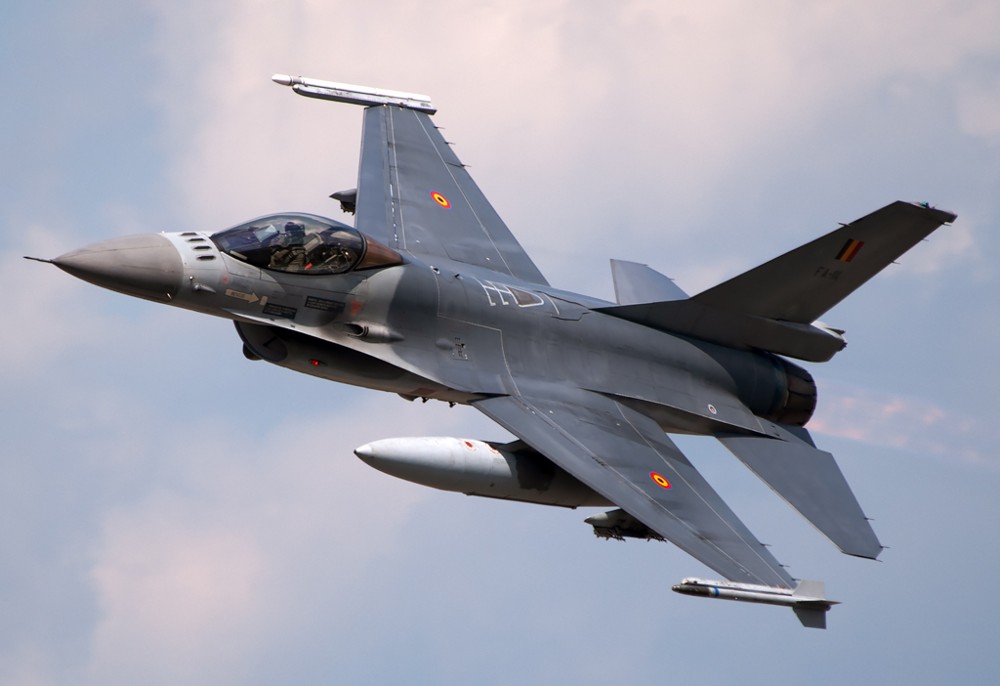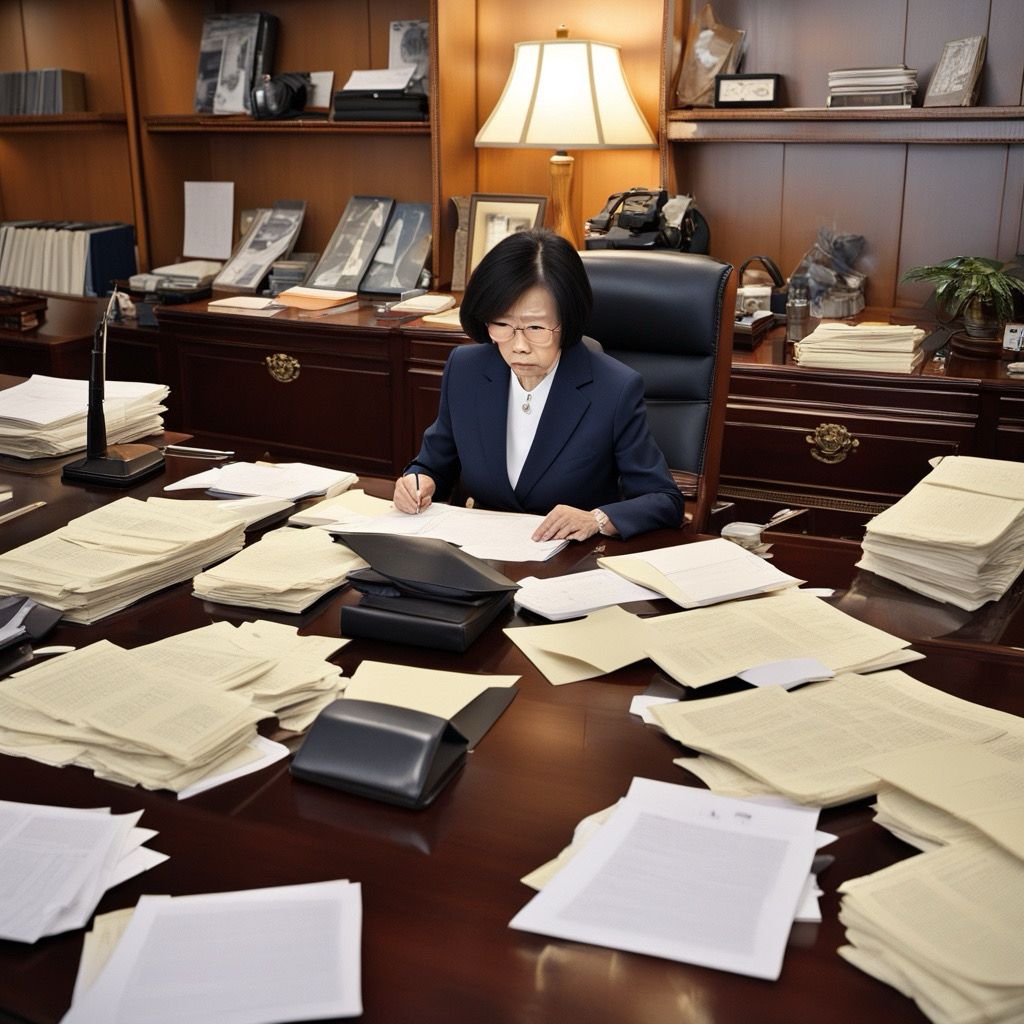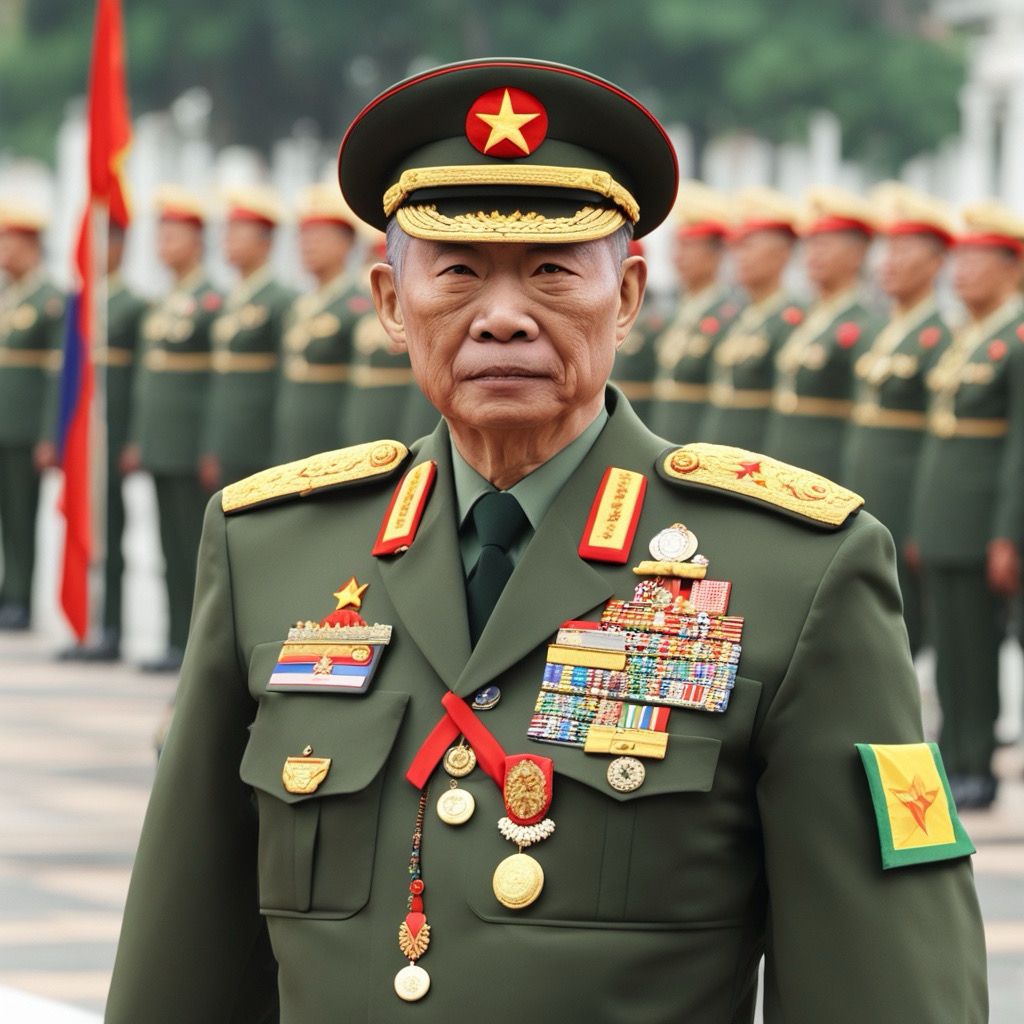Published: 4 months ago
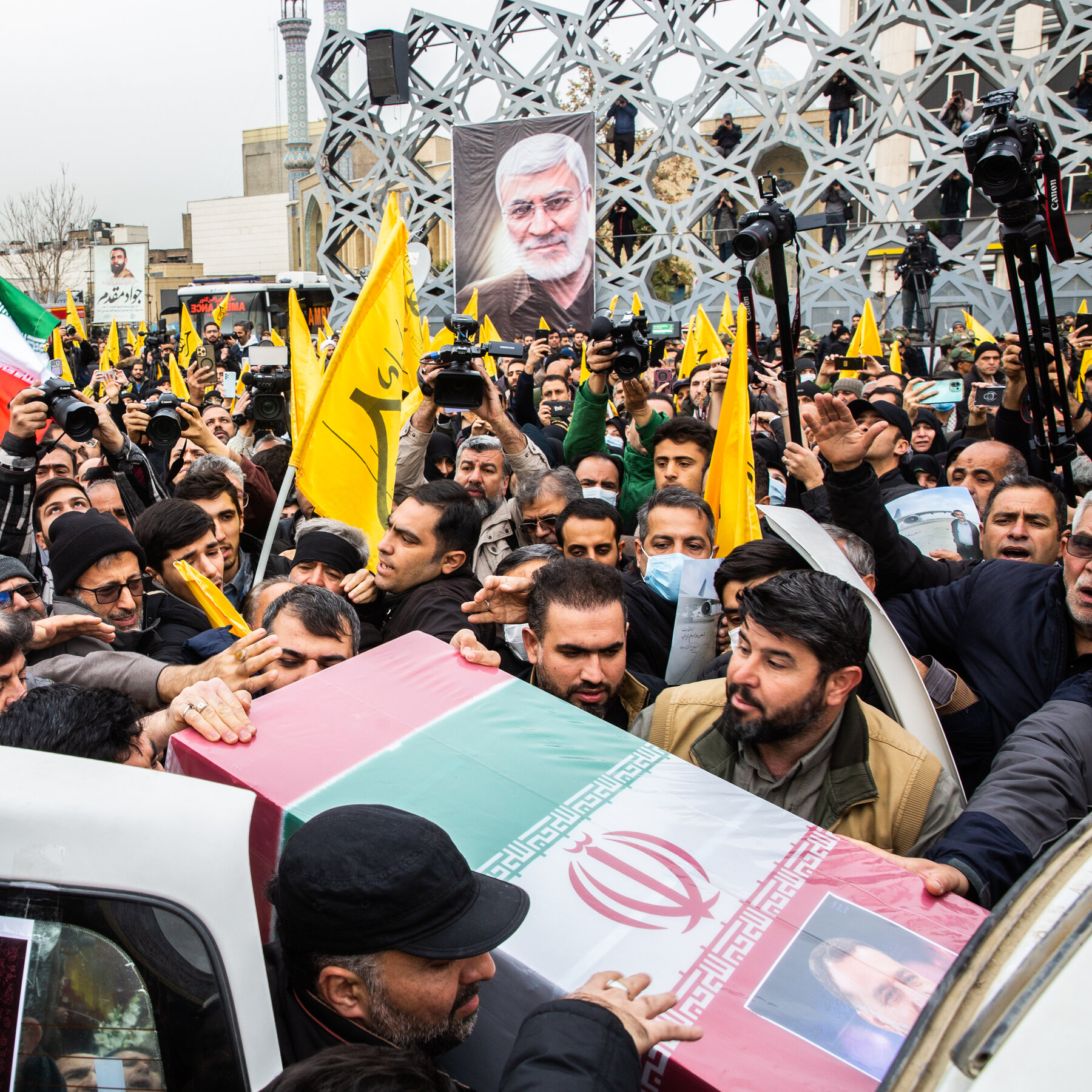
Civics
World Affairs
Humanities
Summary
Unraveling the Complex Geopolitical Tensions in the Middle East
Article
The Catalyst: Israel-Hamas War
In the midst of the ongoing Israel-Hamas conflict, tensions in the Middle East reached a boiling point. Iran-backed militant groups, Hezbollah and the Houthis, launched coordinated attacks on Israel, further destabilizing an already volatile region. The conflict's escalation was marked by intense airstrikes and rocket attacks, leading to significant casualties and widespread destruction.
The Israel Defense Forces (IDF) reported over 4,000 rockets fired from Gaza in a single month, causing extensive damage and civilian casualties.
Iran's Strategic Moves
Iran, a staunch supporter of Hamas and other anti-Israel factions, utilized this conflict to assert its influence. Tehran's strategy has long involved supporting proxy groups to challenge Israel indirectly, thereby avoiding direct confrontation. Iran's provision of advanced weaponry and financial aid to these groups has intensified the conflict, drawing international condemnation.
According to the U.S. Department of Defense, Iran allocates approximately $700 million annually to Hezbollah, highlighting its substantial investment in regional proxy wars.
The Mysterious Death of President Raisi
Amidst this chaos, Iran's President Ebrahim Raisi met an untimely demise in a helicopter crash, raising eyebrows worldwide. The timing of his death, coinciding with the peak of Iran-Israel tensions, sparked a flurry of speculations. Iranian state media quickly pointed fingers at Israel, accusing the Mossad of orchestrating the incident to destabilize Iran's leadership.
The helicopter crash occurred just days after a high-profile meeting between Raisi and Iranian military leaders, raising questions about the incident's timing and potential sabotage.
Mossad's Alleged Involvement
Israel, renowned for its sophisticated intelligence capabilities, has a history of executing high-profile covert operations. The death of Raisi, coupled with a recent alleged strike on the Iranian consulate in Damascus—resulting in the deaths of seven IRGC officers, including two senior commanders—added credence to these accusations. Iran retaliated with a missile-and-drone attack on Israel, marking a significant escalation in their shadow war.
Israel has previously been linked to the assassinations of Iranian nuclear scientists, such as the 2020 killing of Mohsen Fakhrizadeh, an operation widely attributed to Mossad.
Global Reactions and Implications
The international community reacted with a mix of concern and condemnation. Major powers, including the United States, European Union, and United Kingdom, called for restraint and a transparent investigation into Raisi's death. The U.S. State Department urged both nations to avoid escalating tensions and to seek diplomatic solutions.
The U.S. maintains a significant military presence in the Middle East, with over 60,000 troops stationed in various bases, underscoring its strategic interests in the region.
Diplomatic Efforts and Future Outlook
As the situation teetered on the brink of all-out war, diplomatic efforts intensified. The United Nations, along with key world powers, scrambled to broker a ceasefire. The fragile truce that eventually emerged brought a temporary halt to hostilities, but the underlying tensions remained unresolved.
Critics argue that the international community's response has been inconsistent, with accusations of bias and selective intervention. Some claim that Western powers have historically turned a blind eye to Israel's alleged covert operations while harshly criticizing Iran's actions.
Conclusion: The High-Stakes Game of Geopolitical Brinkmanship
The death of President Raisi and the ensuing accusations against Israel have cast a long shadow over the Middle East. As both nations continue to maneuver for power and influence, the potential for further intrigue and confrontation looms large. The volatile chessboard of the Middle East remains a focal point of global geopolitical tensions, with the stakes higher than ever.
"In the world of espionage and covert operations, the lines between fact and fiction are often blurred. The Middle East's shadow war is a testament to the complex and high-stakes game of geopolitical brinkmanship."
No opinions exist on this article yet!
Be the first one to share an opinion on this article.
Videos
Images
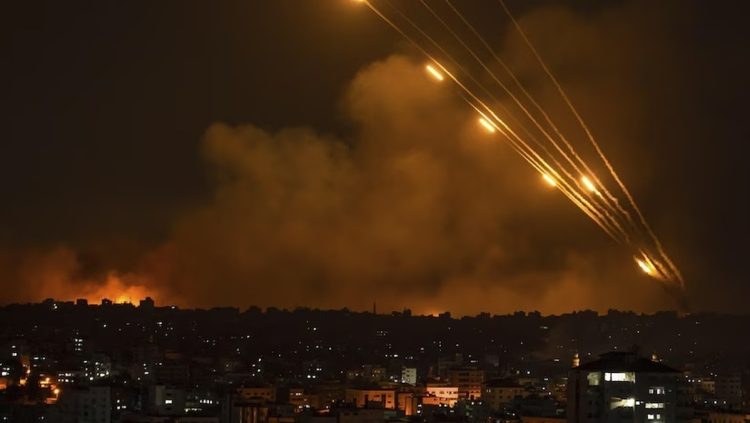
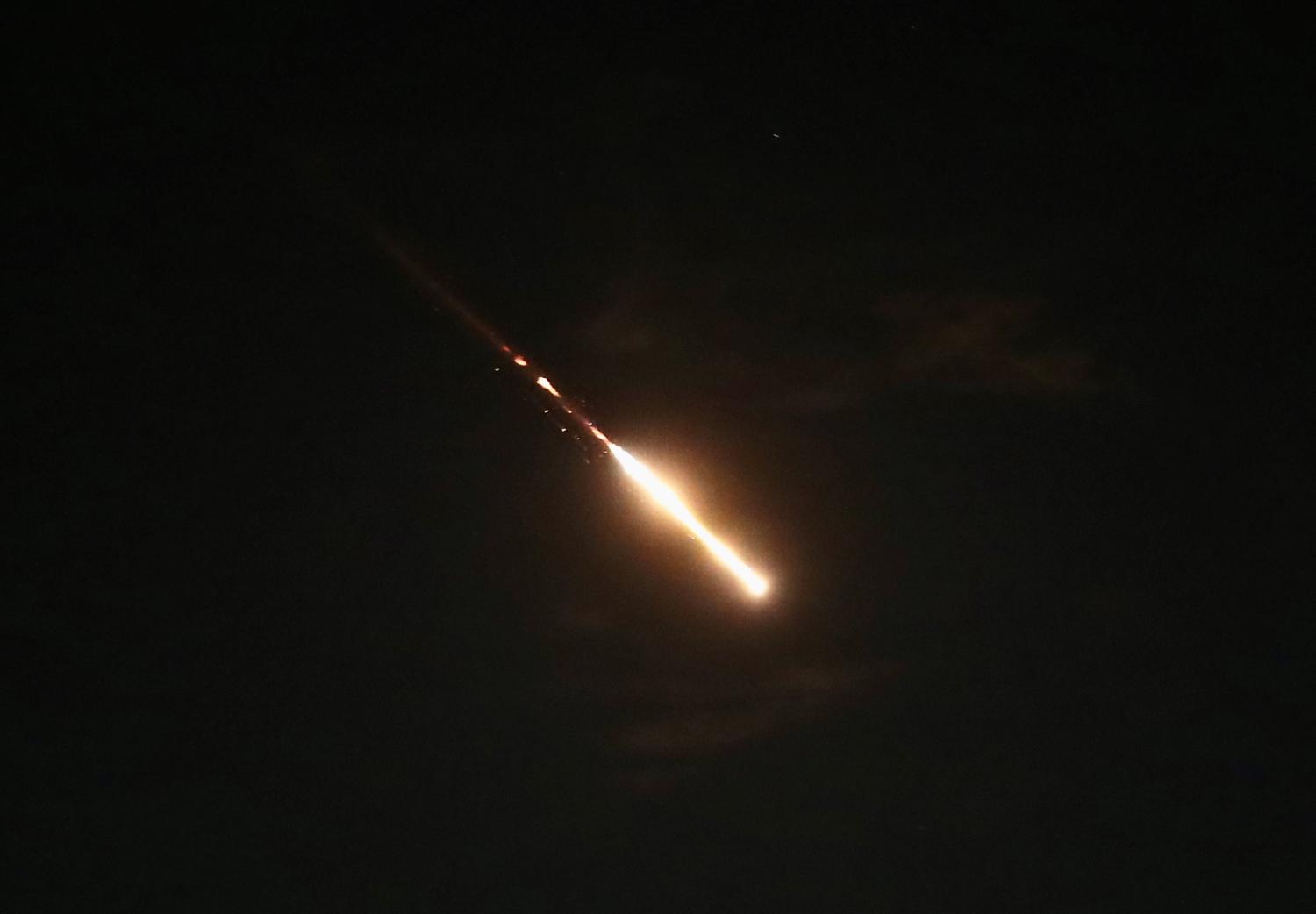
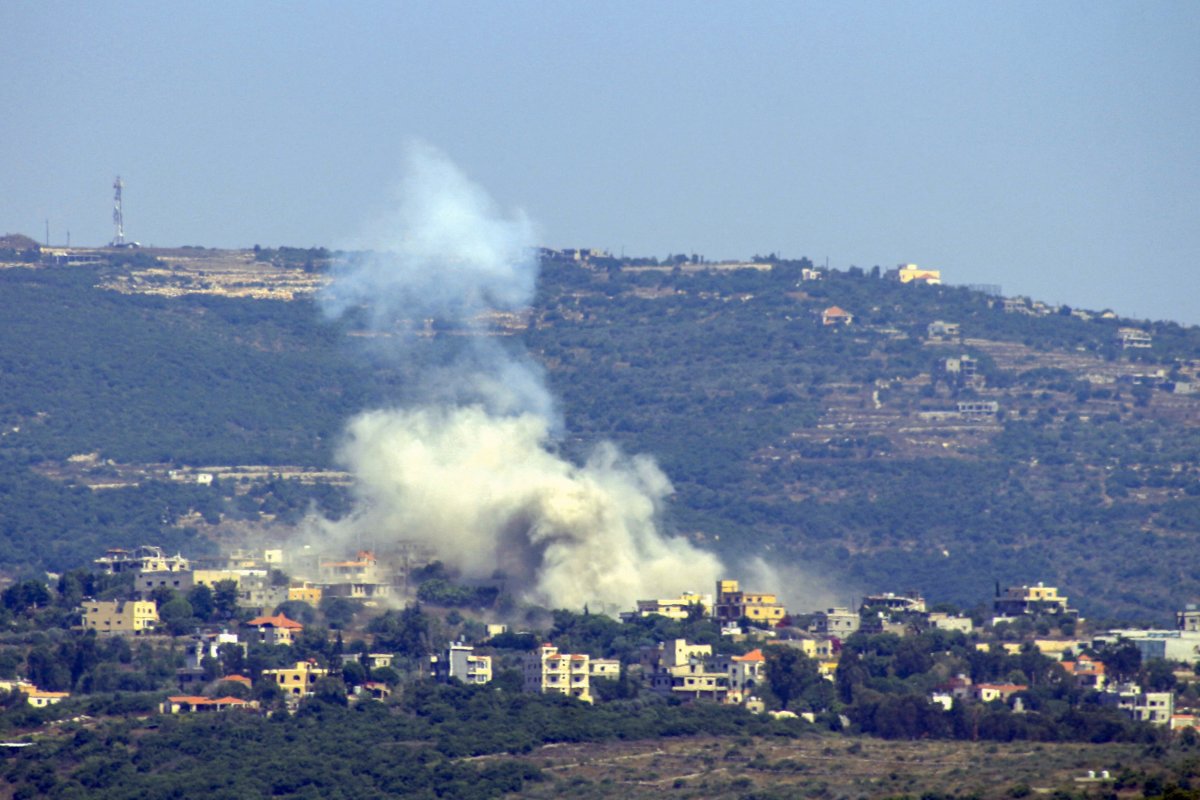
Other Attachmnents
No Access
Share access to start recording your opinion
